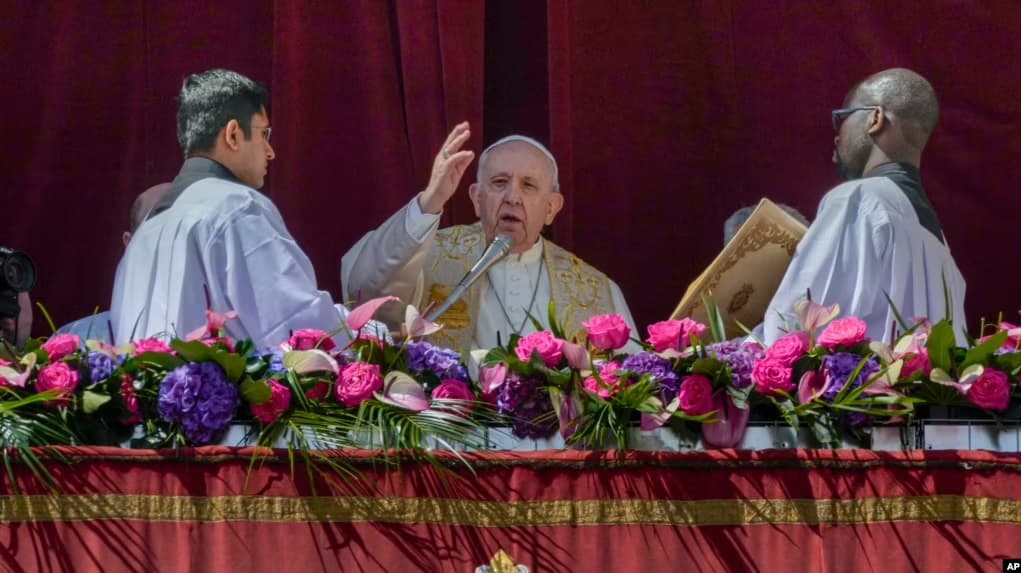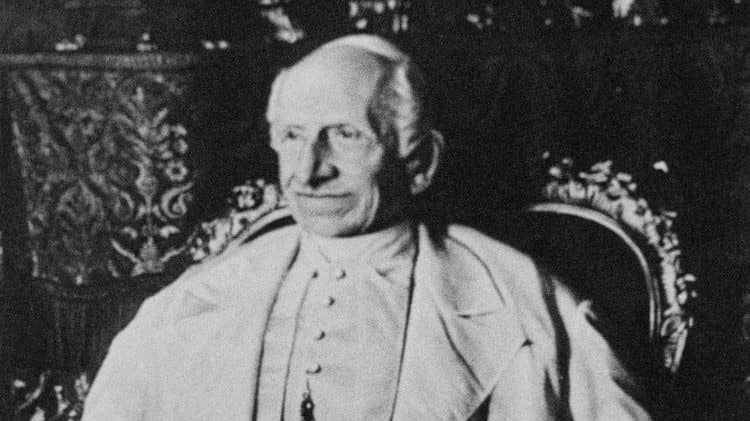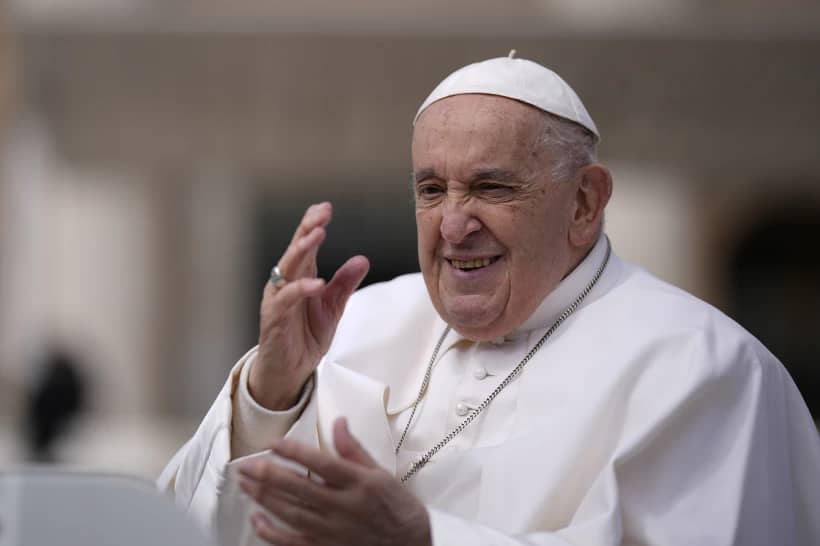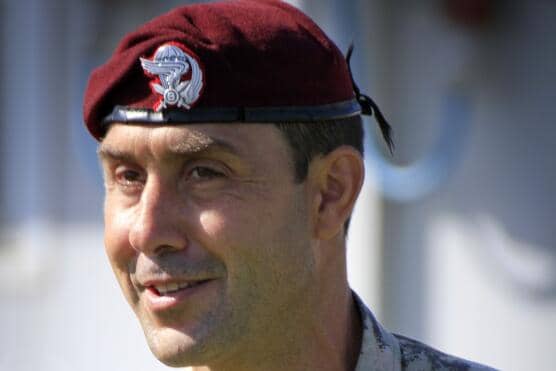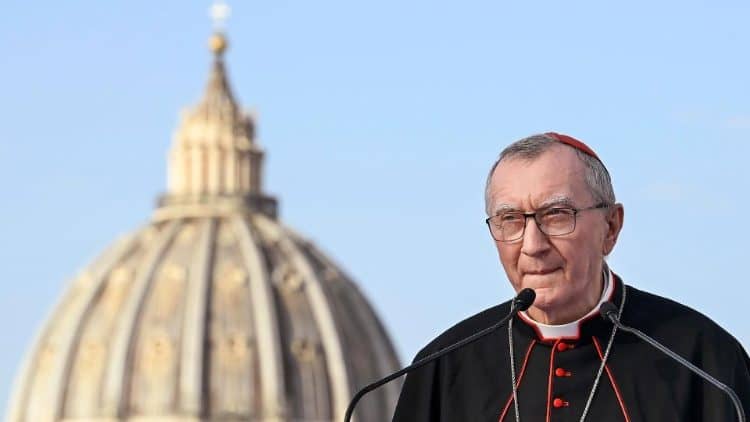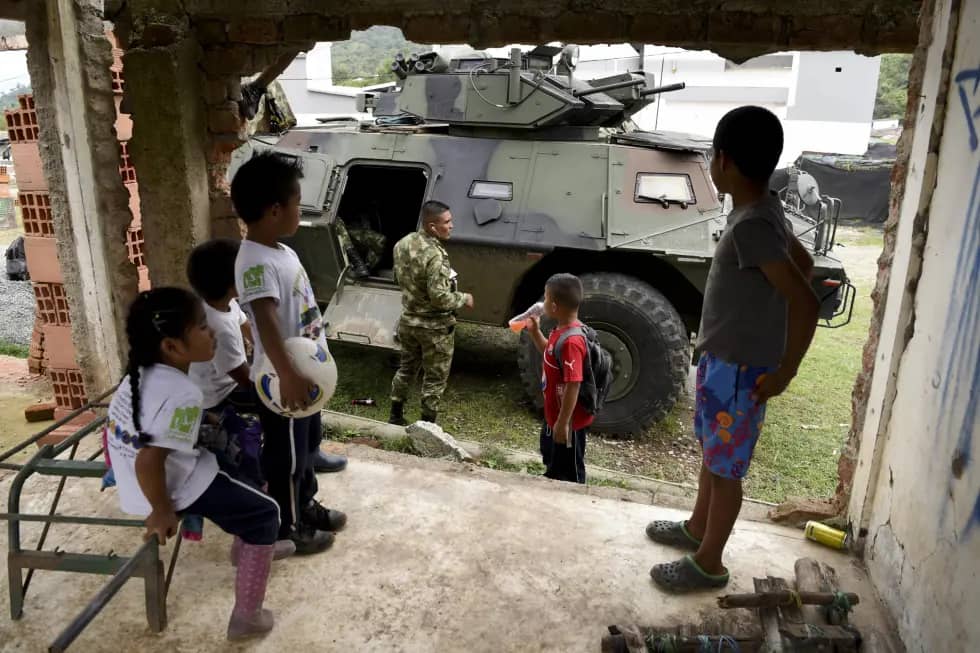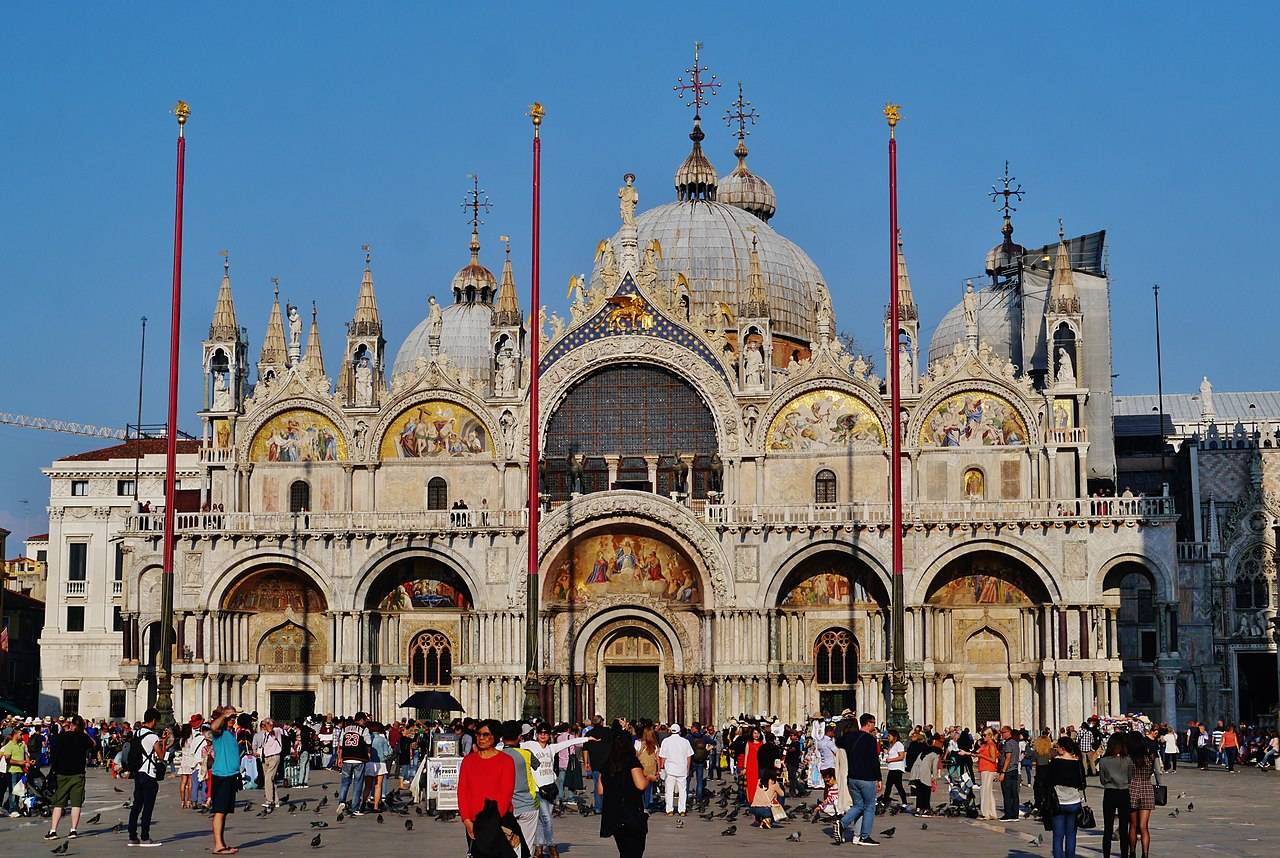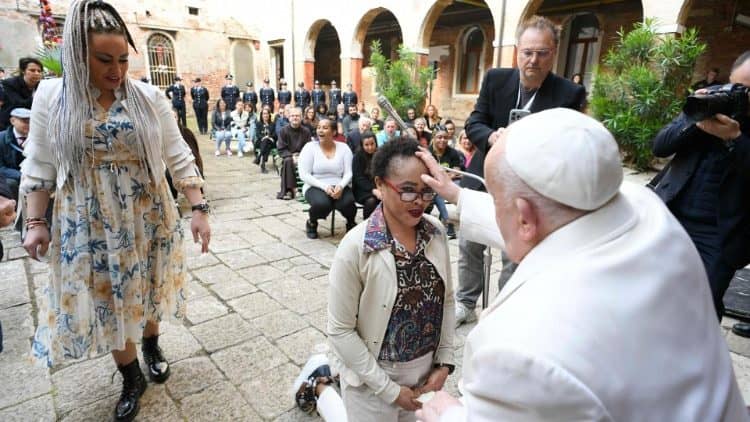ROME – A pope’s Easter Sunday Urbi et Orbi blessing, meaning “to the city and the world,” is generally understood to be one of his premier foreign policy statements of the year, a sort of 365-degree review of the global situation.
Which issues and hotspots a pontiff chooses to highlight, therefore – and, equally, which he chooses to omit – are understood to be an x-ray of the Vatican’s current diplomatic and geopolitical agenda.
With that in mind, what should be the main take-aways from Pope Francis’s latest Urbi et Orbi remarks, delivered today in St. Peter’s Square entirely in his own voice, despite recent struggles with breathing and speaking related to bronchitis, and with seeming energy and emphasis?
First, he did not unveil any dramatic new diplomatic initiatives or proposals. The closest he came was a call for a comprehensive prisoner swap between Russia and Ukraine, “all for the sake of all.”
How realistic that proposal may be remains to be seen. At the moment, estimates are that Russia is holding roughly 4,000 Ukrainian POWs, half of whom were captured during the siege of Mariupol in 2022. While Ukraine has not released official totals for its Russian POWs, experts believe thousands of Russian troops have either been captured or surrendered.
After a major swap in late January involving roughly 200 POWs on both sides brokered by the United Arab Emirates, there had been hopes for another sizeable exchange around the Orthodox date for Easter, as happened last year, and which falls this year on May 5. Yet prospects for such a deal may have dimmed amid recent complaints from Ukrainian officials that Moscow is dragging its heels, trying to blame Kyiv for the delays.
Second, while Francis’s remarks on the Russia/Ukraine conflict were obviously crafted to appear even-handed, nevertheless he may once again have irritated some Ukrainians by condemning “rearming” at a time when President Volodymyr Zelensky is pressing the U.S. to come through with a $60 billion aid package.
Without that assistance, Zelensky has warned, Ukraine may have to retreat to conserve ammunition, and obtaining a fresh infusion of weaponry is the country’s highest international priority.
Under other circumstances, language appearing to undercut such efforts from Francis might be ignored. By this point, however, many Ukrainians are sufficiently suspicious of the pontiff’s efforts not to alienate Putin and Russia as to be unlikely to see his rhetoric that “peace is never made with arms” as entirely neutral or benign.
Third, as ever, it’s as interesting to note the regions and peoples the pope skipped over as those he mentioned.
Predictably, Francis focused on the Holy Land and its Christians, repeating his calls for humanitarian access in the Gaza Strip and an immediate cease-fire between the Israelis and Hamas. He also mentioned Syria, Lebanon, Armenia and Azerbaijan, Haiti, and several African conflicts, including Sudan, the Horn of Africa, the Kivu region of the Democratic Republic of Congo, and the Cabo Delgado province of Mozambique. He also gave a shout-out to the oppressed Rohingya people in Myanmar, praying that “every logic of violence may be definitively abandoned.”
Perhaps the only relatively new element in his global survey was his mention of the Western Balkans, where, he said, “significant steps are being taken towards integration in the European project.” That’s a reference to EU accession talks currently underway involving states such as Montenegro, North Macedonia and Albania, with most observers regarding Montenegro as the most likely next addition.
The pontiff also addressed problems such as human trafficking, food insecurity, the effects of climate change and terrorism.
On the other hand, it’s striking that while mentioning the fate of the Rohingya people in Myanmar, he made no mention of the similarly trying conditions facing the Uyghur minority in nearby China. Nor was there any call for de-escalation in the South China Sea, despite the fact that Taiwan has recently conducted missile tests in response to Chinese “grey zone” incursions seemingly intended to back up Bejing’s claims on the island.
In a similarly notable omission, Francis did not allude to ongoing conflict in India, including in the state of Manipur, where a largely Christian ethnic minority has been the subject of attacks from militant Hindu nationalists, with more than 300 churches reportedly destroyed. With elections set for next month, representatives of minorities in India, including its Christian community, say they’re concerned that an expected landslide victory for Prime Minister Narendra Modi and his Bharatiya Janata Party (BJP) could mean a further deterioration in India’s climate for religious freedom.
In terms of why Francis didn’t say any of this out loud, the logic seems fairly clear: China and India are among the Vatican’s most important diplomatic interlocutors at the moment, including a deal with Beijing over the appointment of bishops, and there’s hesitation to do or say anything that might be perceived as provocative.
As a corollary, there’s also understandable concern that public criticism could elicit blowback, thereby making things worse in the name of making them better.
A similar logic may help explain why the pontiff made no mention of Nicaragua, where the government of President Daniel Ortega has banned all outdoor religious celebrations for Easter for the second year in a row. Ortega’s wife, Vice President Rosario Murillo, announced plans to substitute religious processions with events celebrating Socialist ideology.
Perhaps the concern is that if the pope were to appear to be explicitly condemning the regime, the crackdown actually could become even more intense.
However one parses it, the clear impression from Pope Francis’s 2024 Urbi et Orbi message is that once again, a pope is attempting to walk a fine line, speaking out when he perceives it might help, and biting his tongue when, on balance, discretion seems the better part of valor.
Whether popes always strike that balance appropriately is, of course, a matter for fair debate. In any event, however, one has to acknowledge the complexity of the exercise.
